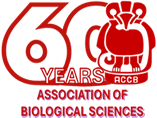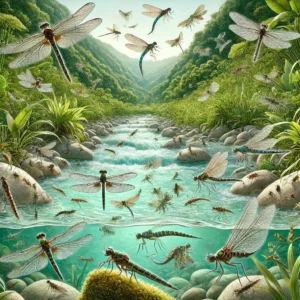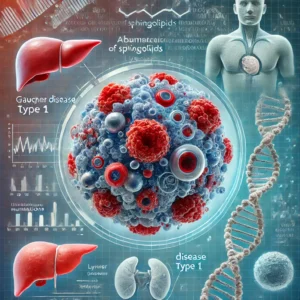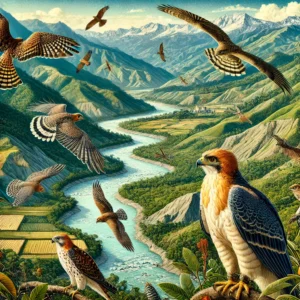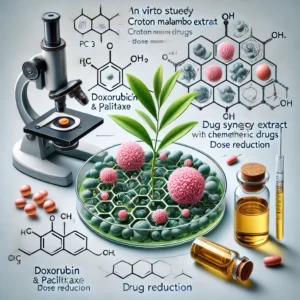Teacher perceptions on the image, teaching and learning of natural sciences: An exploratory study
Regarding the teaching and learning of natural sciences, key points are the structuring of activities that promote collective collaboration (teamwork); and the inclusion of teaching based on the realities of the classroom (contact with reality); an important aspect when speaking of “social constructivism,” which proposes that students construct meanings while acting in a structured environment, while also engaging in intentional interaction with other individuals.”
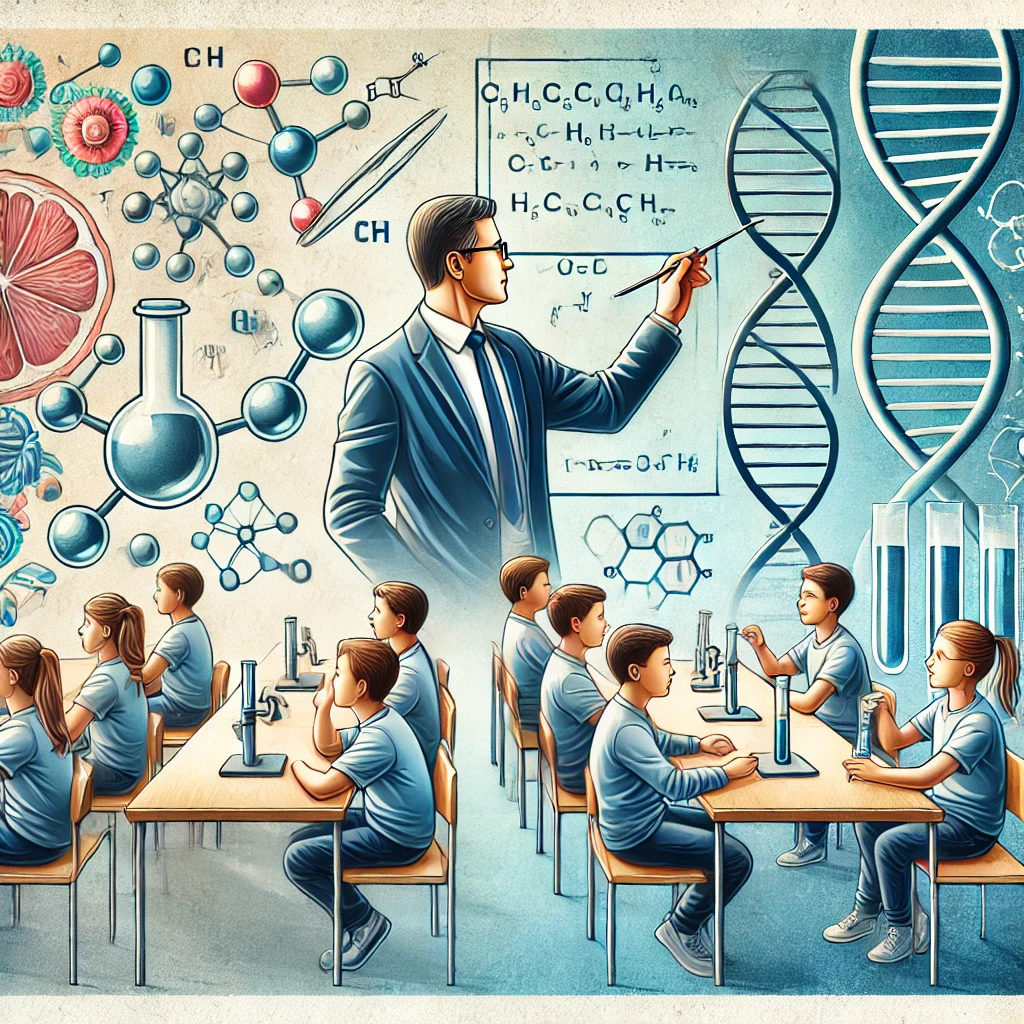
Introduction: Recognizing teachers’ perceptions of natural sciences is an important opportunity to transform its practice and, consequently, adapt to classroom realities; taking this as a starting point for reflecting on pedagogical practice. Objective: To analyze the perceptions of the image, teaching, and learning of natural sciences among primary school teachers in some educational institutions in the municipality of Arauca. Materials and Methods: Quantitative exploratory-descriptive and cross-sectional study in which a sample of 52 teachers was surveyed using a Likert scale. Descriptive statistics were used for information analysis. Results: A constructivist tendency was found in the teachers’ conceptions of the image, teaching, and learning of natural sciences; however, there is also a perspective centered on the teacher and school knowledge (traditional paradigm). Conclusions: A teaching staff was revealed that employs mixed conceptions under two somewhat conflicting approaches, creating the need to transform the epistemological and methodological framework to promote new ways of addressing educational realities. Likewise, it is important to advance in studies that ratify these conceptions; through the analysis of practices, students’ perceptions, and the training models of the Institutional Educational Project (PEI) in the teachers’ institutions, enabling reflection and improvement of the educational act by identifying areas of resistance and acceptance of new methodologies, allowing for the design of effective and contextualized interventions for teacher training.
Keywords: Learning; natural sciences; teaching perceptions; teaching staff
https://doi.org/10.47499/revistaaccb.v1i36.300
